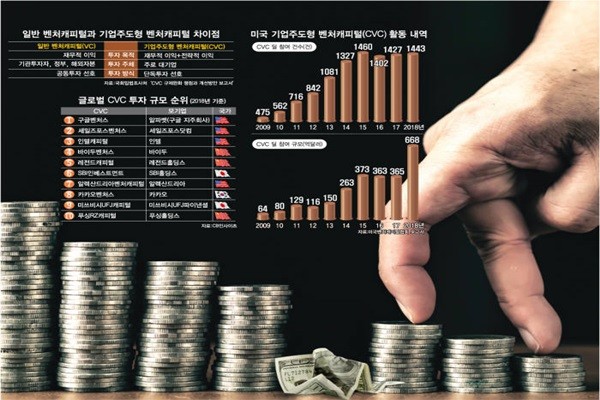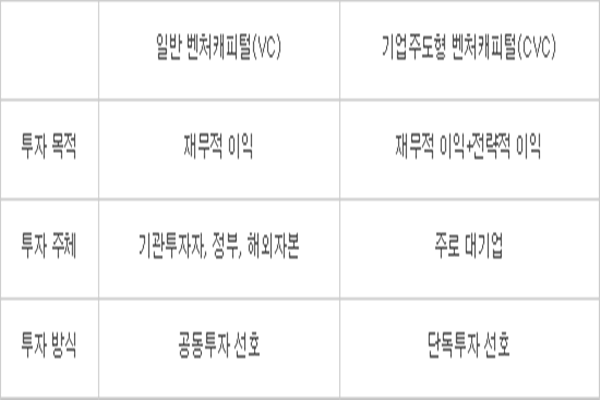As South Korea faces a general election in April, many have been arguing about pros and cons of deregulation on CVC (Corporate Venture Capital). Although deregulation will be beneficial for startups and venture companies to obtain early investment funds, there are also concerns when a financial capital and an industrial capital join hands.
Merger between Woowa Brothers and Delivery Hero (DH) seems to have caused the controversy. Under the current regulations, it is difficult to solve the issue where South Korean unicorns are repeatedly sold to foreign capitals.
Every South Korean startup company that has recently succeeded in attracting large amount of investments is heavily influenced by foreign capitals. Some of examples are Woowa Brothers that will have 87% of its shares purchased by DH and Yanolja that received $168 million (200 billion KRW) series D investment from foreign capitals such as GIC from Singapore and Booking Holdings. WithInnovation, which manages “Good Choice”, sold 85% of its shares to a British fund called CVC Capital in 2019. It is heard that the amount of acquisition is around $336 million (400 billion KRW) including funds for capital increase for consideration. It is true that some are concerned about losing national wealth and foreign capitals taking advantage of South Korean companies.
The problem is that South Korean VCs do not have enough capital strength to invest in South Korean unicorns. If VCs are not major companies, it is difficult for smaller VCs to succeed in big deals that require tens and hundreds of millions of dollars. Groups such as Startup Alliance that represent startups has been criticizing this issue consistently.
“Although the government is aware of this issue, it is taking too long to resolve this issue.” said Song Myung-jin who is a member of Startup Alliance’s research committee. “There needs to be deregulation that is reasonable and corresponds to global standards.”

According to Korea International Trade Association’s research, American and Chinese startups that attracted angel investments between 2013 and 2015 had 33 to 39% chance of attracting a series C investment until April of 2019. On the other hand, South Korean startups only had 15% chance. This indicates that South Korean startups that have grown to a certain size are having difficulties in attracting additional investments.
CVC issue is currently tied to separation of industrial and financial capital. Major companies based on a holding company cannot have a CVC. However, there has been increased cases where these major companies are making investments by creating foreign funds. The startup industry believes that it is advisable to place an exception to CVC that is established to invest in startups by revising Fair Trade Act.
South Korea’s VC industry also sees the current issue with CVC as an impediment to the growth of a company.
“Administrative cost that the government is spending related to regulations has been excessive.” said Chairman Ko Kyung-gon of Korea Internet Professional Association. “Negative regulatory system needs to be introduced swiftly and the system needs to be supplemented through punitive compensation system if there is an issue.”
However, it is still questionable if allowing CVC will immediately lead to active venture capital funds by major companies. This indicates that effects of deregulation are still not clear. Some also point out that there are not enough startups that are worth enough for major companies to purchase them. In case of Samsung Group, it currently manages CVC through Samsung Venture Investment and it has steadily shown cases of spinoffs by using an in-house VC called “C Lab”.
“Even though companies believe that venture capitals will be more active once regulations are relaxed, it is difficult to say that lack of venture capitals is directly tied to the fact that holding companies are not allowed to carry out CVC based on many examples.” said a representative for the industry. “It is true that companies that had potential for growth were able to attract investments from major companies through any means necessary.”
Staff Reporter Lee, Hyungdu | dudu@etnews.com
